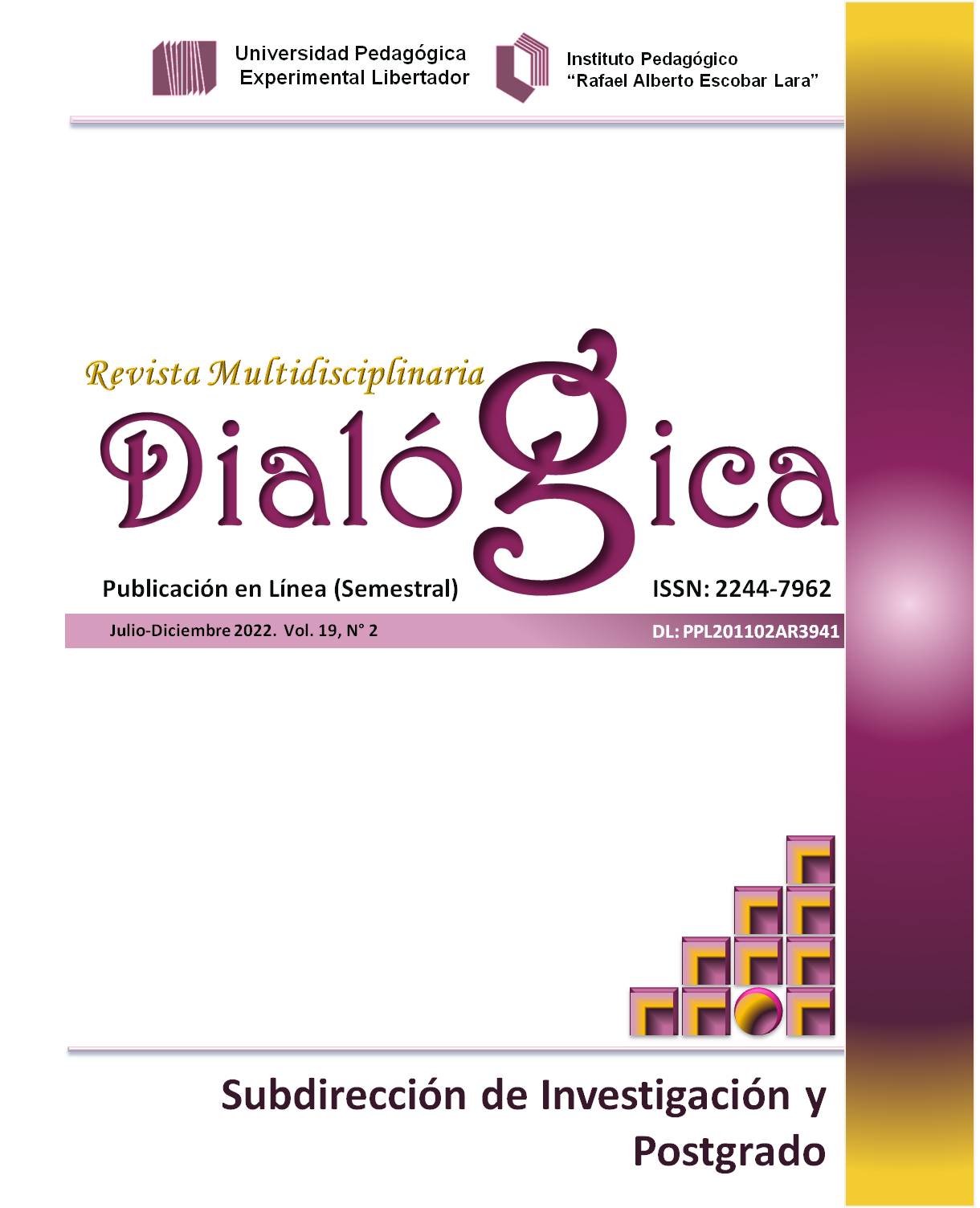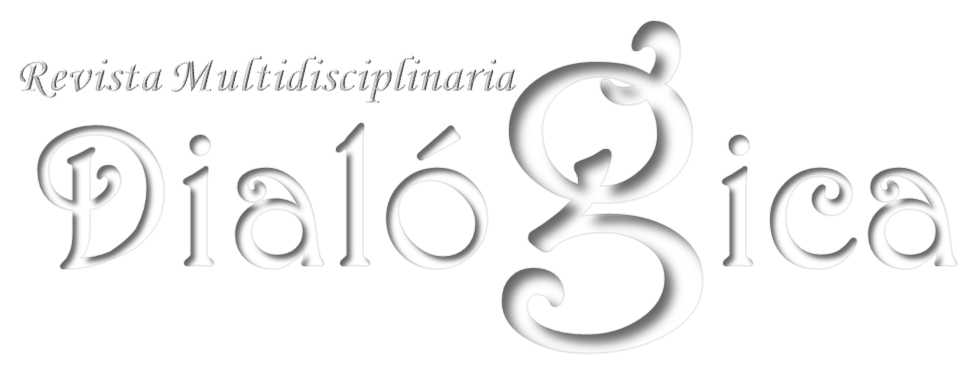HEARING IS NOT LISTENING: GENERATIVE UNDERSTANDING OF LANGUAGE
DOI:
https://doi.org/10.56219/dialgica.v19i2.2162Keywords:
learning, knowledge, understandingAbstract
The purpose of this article is to contrast and distinguish the differences between hearing and listening, which allows the reader the possibility of walking through various factors that explain in detail such a distinction, and how both are generated in the universal understanding of the fact in reason, learning and the different ways in which the statements make sense to explain all the language that allows us to live our day to day. Based on a Qualitative Research under the Case Study, it will also be possible to appreciate the origin of hearing and listening, as well as their main characteristics that make them stand out. Finally, the actions of speech and the intentionality of listening are explained in order to show how important it is to live a life in society.
References
Austin, J. (s.f.). La teoría de los actos del habla. https://acortar.link/IElkni
Carrasco, A (2014). El valor Pragmático de los juegos del lenguaje y sus reglas en Ludwig Wittgenstein. Aportaciones teóricas para el estudio de la comunicación interpersonal. https://www.redalyc.org/pdf/5115/511555580003.pdf
Cova Jaime, Y. (2012). La comprensión de la escucha. Letras, 54(87), 98-109. https://acortar.link/6I1VNv.
Echeverría, R (2013). Ontología del lenguaje. https://www.uchile.cl/documentos/ontologia-del-lenguaje-echeverria-df_90752_0_5938.pdf
Real Academia Española (2010). Diccionario de la Lengua Española. http://buscon.rae.es/draeI/SrvltConsulta?TIPO_BUS=3&LEMA=escucha.
Wittgenstein, L (1921). Tractatus Logico Philosophicus. https://www.pensamientopenal.com.ar/system/files/2014/12/doctrina29684.pdf


 @revistadialogica
@revistadialogica DialogicaUPEL
DialogicaUPEL RevistaDialogicaUPELMaracay
RevistaDialogicaUPELMaracay dialógicaupel@gmail.com
dialógicaupel@gmail.com dialogicaupel.blogspot.com
dialogicaupel.blogspot.com https://issuu.com/dialogicaupel
https://issuu.com/dialogicaupel https://revistas.upel.edu.ve/index.php/dialogica/
https://revistas.upel.edu.ve/index.php/dialogica/









